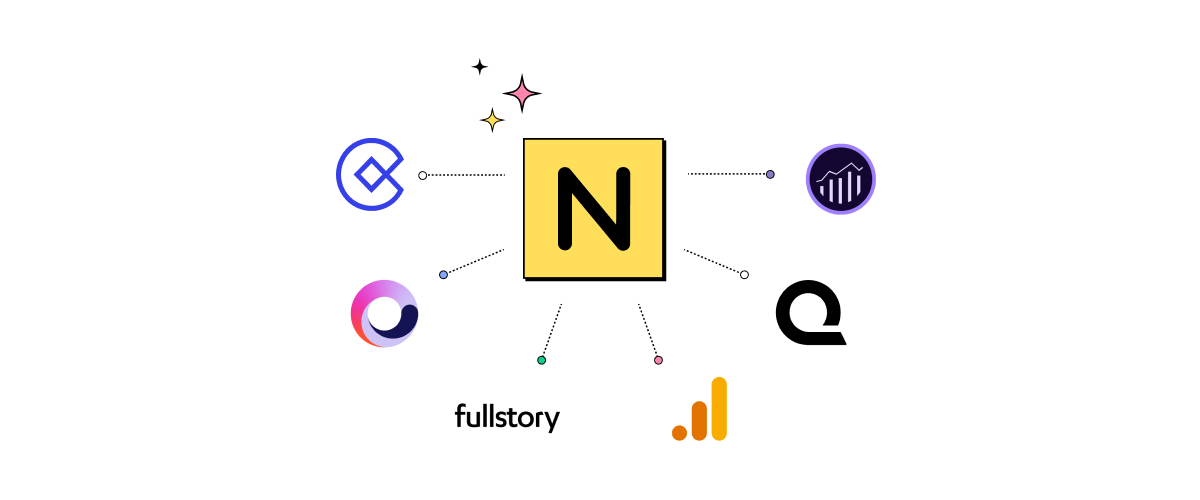Affiliate Shopping Extensions: The Basics
What is affiliate marketing for ecommerce? Affiliate marketing is a form of partnership, wherein an ecommerce company rewards affiliates for generating new business for the company through their own marketing efforts. Affiliates earn a commission for each sale that can be attributed to their promotion (such as through a tracked link).
The sector is experiencing rapid growth. Made up of influencers, bargain websites, review sites, and bloggers, among others, the global industry is worth $12bn in 2022 and has been expanding by about 10% annually.
Affiliate shopping extensions play an increasingly-prominent role in the global affiliate marketing landscape, as was made clear by Paypal’s $4bn acquisition of Honey and Rakuten’s $1bn purchase of Ebates (now Rakuten Rewards). 16% of consumers now use at least one affiliate shopping extension when they browse.
How Affiliate Extensions Work
Affiliate extensions are web browser add-ons that change the user’s browsing experience on online shops, generally used by users to find a better deal on the product they’re currently shopping for. These extensions will display offers that might otherwise be hard to find, and information about the pricing of similar products.
Types of Affiliate Extensions
The three main types, or three C’s, of affiliate shopping extensions are:
Coupon extensions search for promo codes and coupons at the point of checkout to discover discounts for products. Two of the most popular ones are Honey and Coupert.
Comparison extensions compare the prices of products across different retailers and check historical price fluctuations to determine an optimal time to buy. Amazon Assistant and Shoptimate are some of the best known examples.
Cashback extensions allow users to earn cashback rewards for buying products from participating retailers. Rakuten Rewards and Piggy both provide this service.
Advantages and Challenges of Affiliate Shopping Extensions
From the results of a survey we conducted that we’ll discuss below, as well as from our other conversations with ecommerce marketers, It’s clear that many lack a clear understanding of the ways that affiliate extensions impact their business.
Let’s take a quick look at the potential advantages affiliate extensions, as well as some of the challenges they present:
Advantages:
- Perhaps the most obvious benefit of affiliate extensions in that they increase conversion rates. Research has shown that customers are much more likely to buy when presented with what is perceived as a deal. Even if your coupon offers only a small discount, it may provide the vital push needed to close a sale.
- Comparison extensions direct new users to your sites, driving up traffic and often conversions as well.
- Coupon and cashback extensions can be used to create buzz around a new product line, to direct attention to a particularly profitable product, or to clear out excess or unwanted inventory.
- If you find yourself in a position to undercut the market, comparison extensions will ensure that you make not only sales, but also increase traffic. Some of these customers are likely to stick around after the sales are over.
- Coupons and cashback can cement loyalty with existing customers, acting as a reward that will increase the likelihood of their return.
Challenges:
- Attribution is often seen as the key challenge when it comes to affiliate extensions. While these tools will often be able to report conversions, they would only be able to attribute a purchase made based on a visitor’s click on the extension – which is often the very last click in their user journey.
This presents a risk of over-attributing conversions to the extension, which ignores the significant other marketing efforts that were involved in making the sale (such as the cost of advertising). What’s more – if you’re using multiple extensions, you might be paying multiple commissions. You might also under-attribute cases where the extension helped consumers discover an offer, which they ended up clicking on elsewhere.
- What can give may also take away – as well as directing traffic to your sites, comparison extensions can shift traffic to the sites of your competitors. In short, they make pricing a lot more transparent across the board.
- Coupon extensions have been misused by people using coupons intended for other parties (for instance, veterans’ discounts).
- The best ecommerce marketers put a lot of time into constructing a smooth CX journey, and extension affiliates may interrupt this – such as by popping up at inconvenient moments, or hiding crucial UI components such as the checkout button.
How Ecommerce Marketers Perceive Affiliate Extensions: Our Survey Results
To bring some new data to the table, we surveyed 100 senior ecommerce executives from the US on their interactions with affiliate extensions and their beliefs about how these tools impact business. Here’s what we’ve learned:
An overwhelming majority of ecommerce marketers partner with affiliate extension tools. The first thing we learned was that ecommerce marketers use them very widely. An astounding 98% of our respondents had a business relationship with at least one affiliate extension, while 96% claimed to be testing the effects of affiliate extensions on their business.
ecommerce executives are highly optimistic about these tools. 57% of our participants said that extensions had an ‘extremely positive’ impact on their business, with another 29% believing these impacts to be ‘slightly positive’. Respondents specified that increased traffic (29%) and conversion rates (27%) were among the primary benefits.
Enthusiasm is dampened by concerns over customer experience. Despite the upbeat findings, there was also a lot of concern from the same group about the perceived negatives of affiliate extensions. 95% of our participants believed that affiliate extensions had a negative impact on customer experience (CX), while 88% said that removing either cashback or coupon extensions would improve CX. Likewise, 84% thought coupons were harming their brand image.
At the end of the day, FOMO wins. The fears marketers had about working with affiliate extensions were matched only by their fears of not working with them. 67% felt that failure to partner with extensions would result in lost business due to their competitors’ coupons being displayed instead. Another 67% had concerns that their own coupons would appear where they didn’t intend them to.
To Be Affiliated or Not to Be Affiliated? Handling the Contradictions
Our survey results show ecommerce is internally conflicted on affiliate extensions. Extensions are seen as both a promising way to gain new customers and a risk of losing existing ones – both excitement and fear are running high. This indicates the crucial importance for marketers to become aware of how extensions are affecting their business and taking action based on data rather than emotions.
Let’s look at a few ways that you can begin to gain this kind of understanding and make affiliate extensions work to your advantage.
Work with an attribution model that isolates the impacts of the extensions you partner with against other marketing efforts – such as the advertising dollars you spend bringing visitors to your site, or other tools that you use to improve on-site conversion rates. As we’ve covered above, looking solely at last touch can lead to both over- and under-attributing of revenue to affiliate marketing.
Limit extension pop ups to where they will most benefit your CX journey and ensure that they can only appear a certain amount of times. You can then introduce your incentive when it will be most effective, and reduce CX friction along the way.
Use limited-lifespan codes in order to further isolate the impacts of particular coupons and see whether they are working or not. Always weigh the profits that discounts require against the longer term impact of new customers they bring in and existing ones that they convince to stay. Unless you test whether coupons continue to work, you may simply be throwing away profits.
Affiliate tracking tools make the impacts of the affiliates you partner with a lot clearer. However, many of them won’t tell you how affiliate extensions that you don’t work with might be affecting things. Search for a solution that offers a comprehensive analysis of every affiliate extension that appears on your site. By doing so, you can make informed decisions about how to partner with these apps.
The Bottom Line
The results of our survey shows that affiliate extensions are a core ingredient in the marketing mix of most major ecommerce brands. However, challenges around customer experience and attribution still limit adoption in some instances. This highlights the need for better tracking and analytics to understand the full impact of shopping extensions on online revenue.
As an ecommerce marketer, the most important thing is that you take steps to understand the contribution and attribution of affiliate extensions to your website’s performance. This will empower you to soundly manage these impacts and ensure that affiliate shopping extensions are generating the most value for your business.







